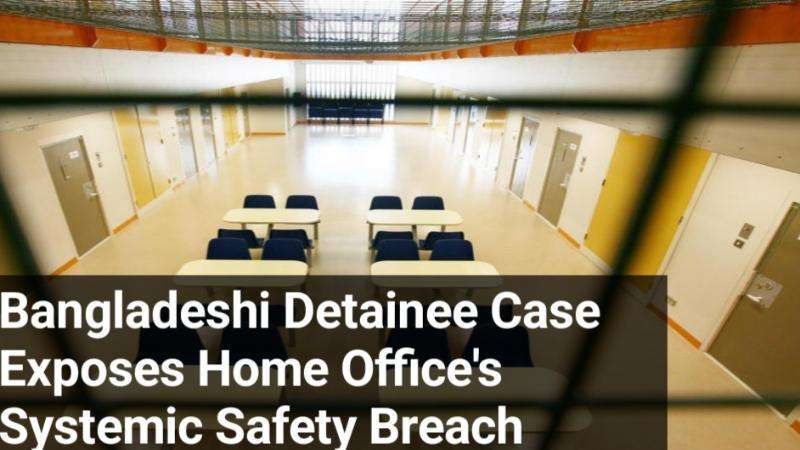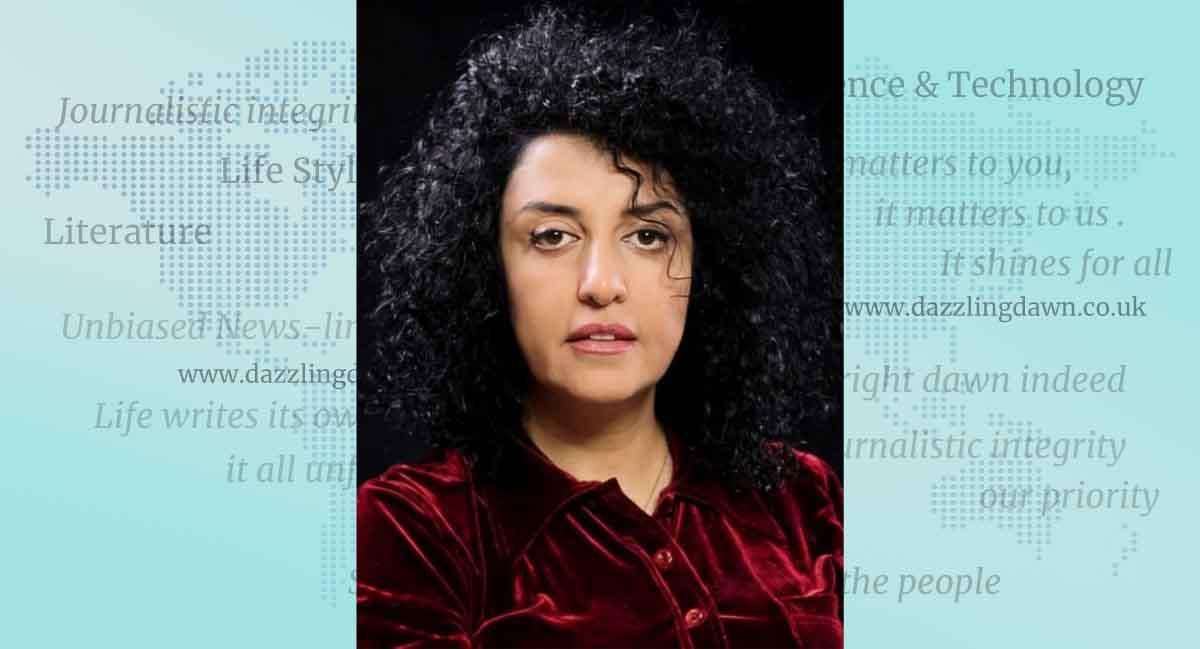In a move that has sent a clear and chilling message to Britain's immigrant and Muslim communities, far-right politician Nigel Farage publicly embraced Lucy Connolly, a woman recently released from prison after being convicted of inciting racial hatred. The hug, captured in a widely circulated photograph, took place on the stage of the Reform party conference in Birmingham, where Connolly was received with loud cheers from the audience.
Connolly, a former childminder and wife of a Conservative councillor, was jailed for 31 months—believed to be the longest sentence for a single social media post—after a tweet she made in the aftermath of a violent incident in Southport. Following a false rumor that the perpetrator was a Muslim asylum seeker, Connolly's tweet, viewed by 310,000 people, called for "mass deportation now" and urged people to "set fire" to migrant hotels. While she deleted the post after three hours, its inflammatory content was linked to subsequent riots and a hotel fire.
During her conference appearance, Connolly sought to defend her actions, claiming she told police that "unchecked immigration is a danger to my child and everyone else's child." This statement, coupled with her public support from Farage, reinforces the narrative of immigrants as a threat and a source of national instability. This is not the first time Connolly has made such remarks; court documents reveal a history of what the judge in her trial described as "racist remarks" in other social media posts, including a comment on a video of a black man being attacked where she wrote, “Somalian, I guess. Loads of them,” followed by a vomiting emoji.
Farage's public endorsement of Connolly is seen by critics as a strategic and cynical move to capitalize on anti-immigrant sentiment and validate extremist views. By presenting Connolly as a victim of a "two-tier policing" system, Farage is not only legitimizing her hate speech but also positioning himself and the Reform party as champions of "free speech," even when that speech incites violence. This narrative is particularly dangerous for British Muslims and immigrants, who are often the targets of such incitement. The public display of support from a leading political figure like Farage could embolden individuals to act on their prejudices, fostering a climate of fear and hostility.
Connolly's release from prison after serving just 10 months of her 31-month sentence has been criticized as being too lenient, with some arguing that it undermines the seriousness of her crime. However, the decision to release her after serving 40% of her sentence is in line with standard UK sentencing policy. Her appeal against the sentence was dismissed in May, with the court finding that she was "well aware of what she was admitting" when she pleaded guilty.
The fact that Farage and the Reform party are actively using Connolly's case to further their political agenda is a testament to the growing influence of the far-right in the UK. This public display of solidarity with a convicted hate-speaker sends a clear and alarming message that for some in British politics, promoting division and hatred is not only acceptable but is a viable political strategy.
Reactions from BAME and British Muslim Communities
The public endorsement of Lucy Connolly by Nigel Farage and the Reform party has been met with significant concern and dismay across Britain's Black, Asian, and Minority Ethnic (BAME) communities, particularly among British Muslims and South Asians. Many view the embrace as a direct affront, validating the very type of hate speech that has led to increased fear and hostility. Community leaders have expressed alarm that a mainstream political figure would so openly support an individual convicted of inciting racial hatred, arguing that it sends a dangerous signal that such actions are acceptable and even rewarded. The incident has been widely interpreted as a deliberate attempt to exploit anti-immigrant sentiment and further marginalize these communities for political gain.







_3.jpg)
.svg)


_4.jpg)